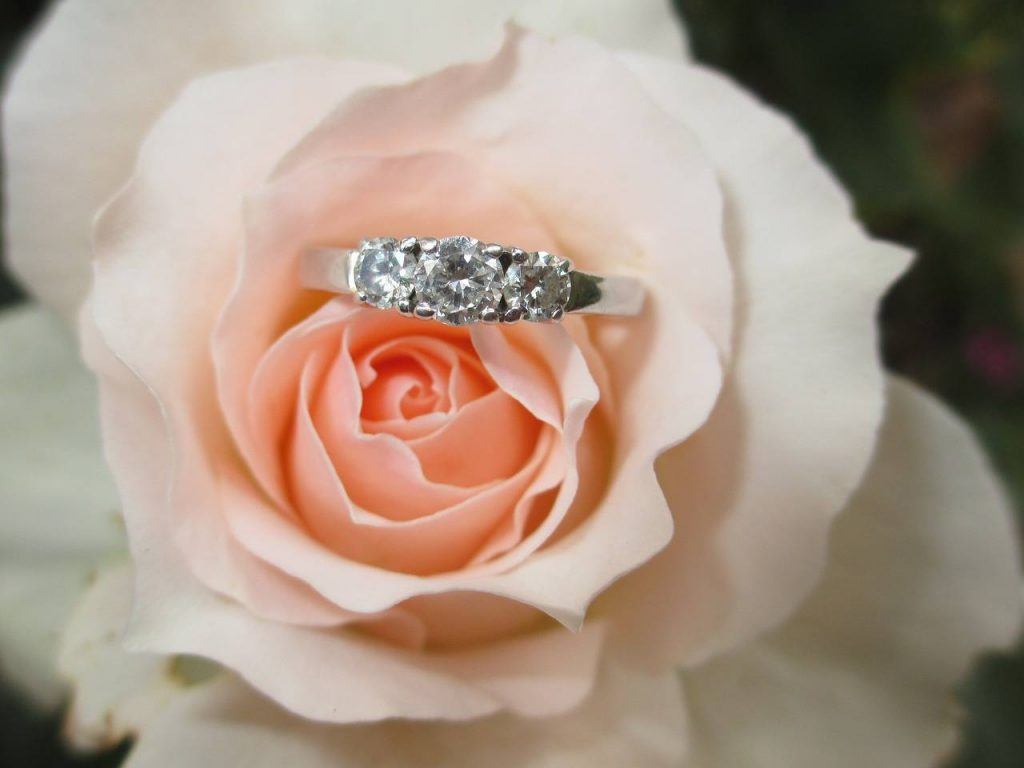
Diamonds Are A Girl’s Best Friend … Until You Have To Give Them Back
By: Leesa M. Poag, Attorney, Woodruff Family Law GroupBoy meets girl. They fall in love. Before you know it, he’s down on one knee with an expensive diamond ring in his hand. With Valentines Day quickly approaching, it is a scene that is sure to play out all across the Triad. But what happens when the relationship ends before the wedding bells have even had a chance to ring? When instead of meeting with a wedding planner, the couple is turning to a family law attorney for advice?
As difficult as a broken engagement can be on a couple, the heartache and hard feelings only grow more intense when the formerly-engaged couple cannot agree on who should keep that shiny souvenir of the marriage that was never meant to be. When the plan changes from walking down the aisle to walking away, there is still that lingering question that must be answered – who gets to keep the engagement ring?
Under the early common law, Courts allowed these jilted fiancés to recover monetary damages when the wedding was called off under a claim of breach of promise to marry. Though the legal system seems to have realized that you can’t put a price tag on a broken heart and distanced itself from these types of claims, the question of the engagement ring is still a remarkably common dispute facing the courts today.
Should the person who initially purchased the ring be entitled to its return? If it was given as a gift, should the recipient be allowed to keep it? The majority of courts have held that the answer to those questions comes down to the intention of the giver.
A majority of states now consider an engagement ring to be a gift given in contemplation of marriage. This means that the ring is given on the condition that a marriage will occur at some point thereafter. It is believed that without this expectation of marriage, the ring would not have been given at all. Since the impending marriage is a condition of the gift, if the wedding never takes place, the condition isn’t met. In other words, if the vows aren’t exchanged, then the engagement ring must be. If the engagement is called off, the person who purchased the ring will generally be able to compel its return.
The consensus seems to be that this is the case regardless of who called of the wedding or for what reason they did so. Fault is not a consideration in determining the ring’s fate. The reason for the wedding being cancelled is irrelevant; the fact that it was cancelled is enough to revoke the conditional gift and require the return of the ring to its purchaser.
If, however, the recipient of the ring can prove that the gift of the engagement ring was not meant to be a conditional one, they may be allowed to keep it. For instance, if the recipient was told that the ring is a gift for them to keep no matter what, this may be sufficient to prove that the gift was not a conditional one.
 North Carolina Divorce Lawyers Blog
North Carolina Divorce Lawyers Blog

